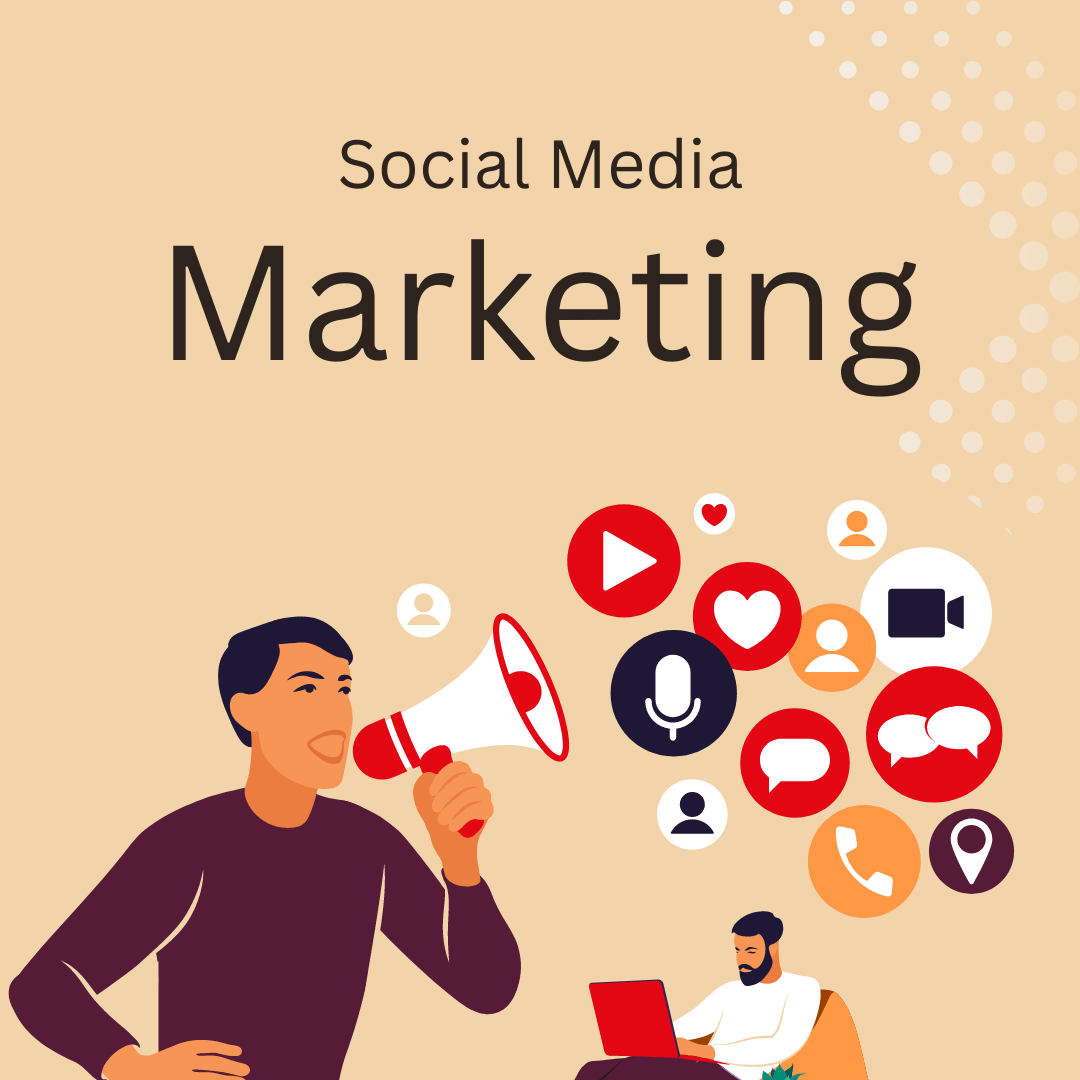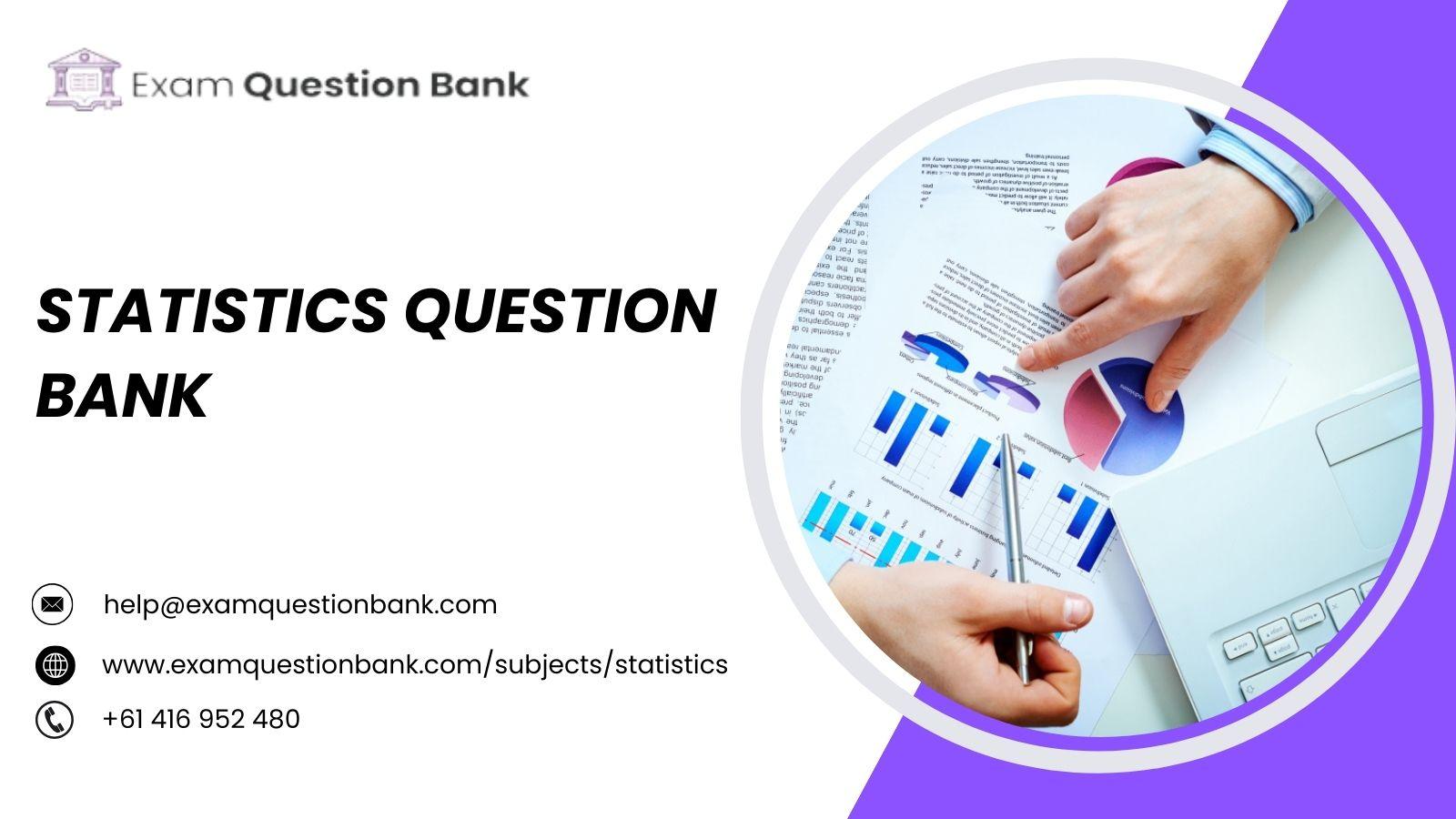Introduction Social Media Markeing
Social media marketing, sometimes referred to as digital marketing or e-marketing, is the process of using social media platforms—where people create social networks and exchange information—to enhance a business’s online visibility, boost sales, and improve website traffic. SMM has built-in data analytics capabilities that enable marketers to monitor the effectiveness of their campaigns and find new opportunities for engagement, in addition to giving businesses a means to interact with their current clientele and attract new ones.
Social Media Marketing Strategy
- Define Your Goals: Increasing brand awareness, generating leads, increasing website traffic, and increasing sales are common social media goals. Make sure your objectives are SMART—specific, measurable, realistic, relevant, and time-bound.
- Understand Your Audience: Gain knowledge of the characteristics, passions, and online activities of your intended audience. You can use this information to help you create content and select the most effective platforms to reach your target audience.
- The Correct Platforms to Use: Pick social media sites that complement your company and have high levels of activity from your target market. Platforms like Instagram and TikTok, for instance, might be appropriate if your target audience is younger and more visually inclined.
- Content Strategy: Create a schedule of content that is both in line with your brand and appealing to your target audience. Think about using a variety of content formats, such as photos, videos, blog entries, infographics, and content created by users. Make sure to schedule your content in advance
Social Media Strategy Example:
- Goal Setting: Increase brand awareness by 20% over the next six months. Boost engagement on Instagram by 15%. Drive 10% more traffic to the FitFusion website through social media.
- Target Audience: Fitness enthusiasts, ages 18-35. Both men and women seeking diverse workout routines. Those interested in a healthy lifestyle, nutrition, and wellness.
- Platforms: Instagram and YouTube for visual content. Secondary: Twitter for quick updates and engagement.
- Engagement Plan: Respond to comments and direct messages within 24 hours. Host weekly Instagram live sessions for Q&A with trainers. Encourage followers to share their fitness journeys and achievements.
Why Social Media Marketing Is Effective:
Due to the fact that social media ads allow you to connect with your target audience on their preferred social media platform, reach a wider audience, and target particular demographics, they can have an impact on how effective advertisements are.
- Broad Audience Reach: Social media platforms offer businesses the chance to connect with a large and varied audience thanks to their billions of active users. This broad reach enables brands to engage with prospective clients from different geographic and demographic backgrounds. Social media platforms provide advanced options .
- Targeted advertising: Based on location, interests, behavior, and demographics. As a result, companies can ensure that the most relevant users see their messages by customizing their content and ads to appeal to particular audience segments.
- Engagement and Interaction: Businesses and their audience can communicate with each other in two ways thanks to social media. Increased brand loyalty results from community building and relationship building through interactions like likes, comments, shares, and direct messages.
- Brand Awareness and Visibility: Posting on social media on a regular and consistent basis raises brand awareness. Users are more likely to remember and recognize a brand’s content if they interact with it and see it more frequently. Consequently, this leads to an increase in brand recognition.
- Cost-Effective Marketing: Compared to traditional advertising, social media marketing may be more economical. Numerous platforms provide inexpensive advertising choices, so companies can reach a big audience without spending a lot of money.
Benefits Of Social Media Marketing:
- Increased Brand Awareness: Social media platforms provide a vast and accessible audience. Consistent and engaging content helps increase brand visibility and awareness among a broader audienc.
- Improved Brand Loyalty and Trust: Active and authentic engagement on social media builds trust with your audience. Responding to comments, sharing user-generated content, and providing valuable information help foster a sense of community and loyalty.
- Enhanced Customer Engagement: Social media enables direct communication with your audience. Engaging posts, polls, and Q&A sessions create a two-way conversation, allowing businesses to better understand and meet customer needs.
- Cost-Effective Marketing: Compared to traditional advertising, social media marketing can be more cost-effective. Many social platforms offer targeted advertising options, allowing businesses to reach specific demographics without the need for a large budget.
- Increased Website Traffic: Social media channels are effective tools for driving traffic to your website. By strategically sharing links to your content, products, or services, you can direct users to your website and potentially convert them into customers.




